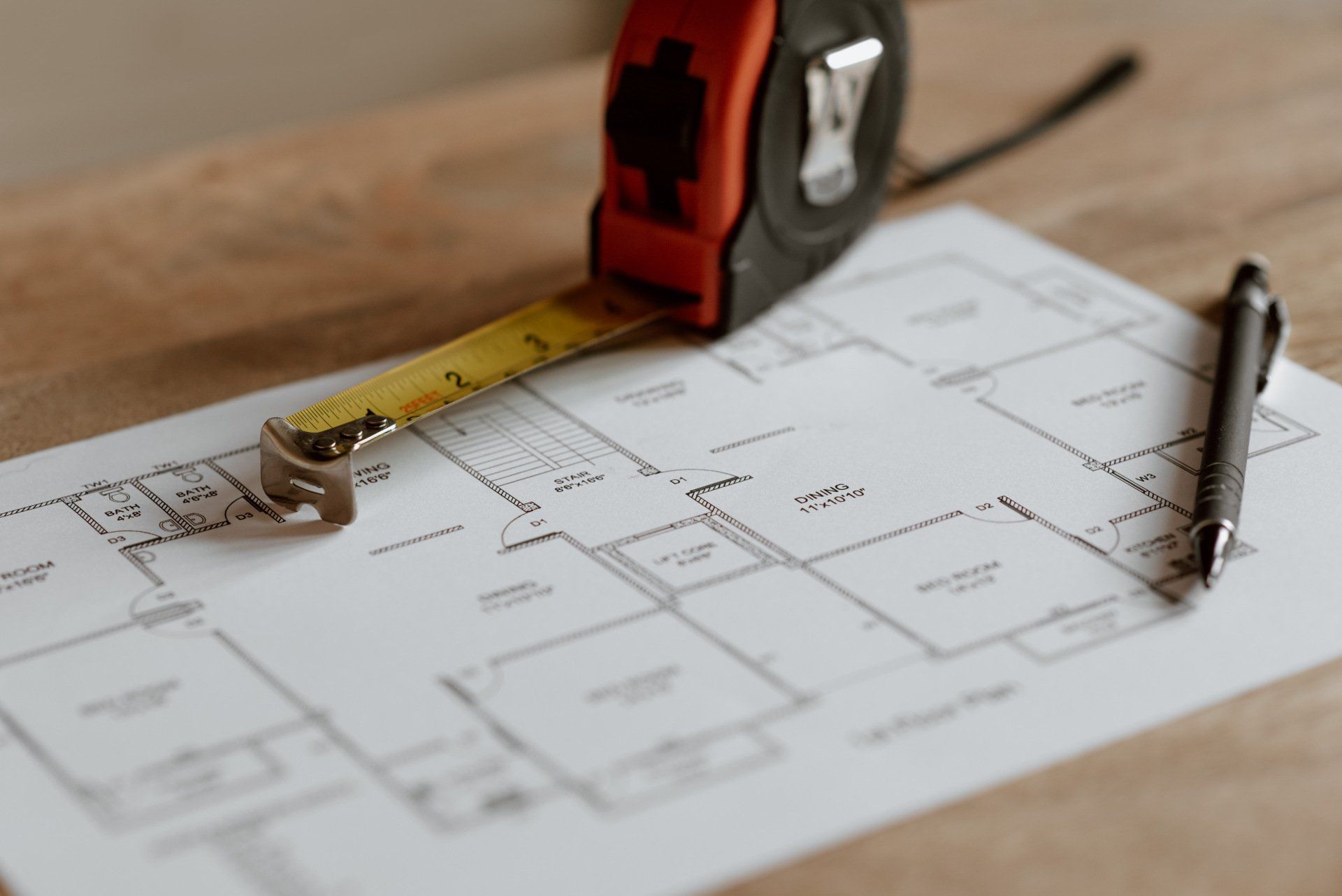3 Common Questions Probate Lawyers Are Asked
Protecting our loved ones is a primary concern for most of us. Although it’s unpleasant to think about what happens when we die, it’s essential that we plan ahead. If passing your assets along to your surviving family members, close friends and favorite charities is important to you, there are some things you should know about […] The post 3 Common Questions Probate Lawyers Are Asked appeared first on GGHH Law.
Protecting our loved ones is a primary concern for most of us. Although it’s unpleasant to think about what happens when we die, it’s essential that we plan ahead. If passing your assets along to your surviving family members, close friends and favorite charities is important to you, there are some things you should know about the probate process (and when you should contact a probate lawyer ).
What does “probate” mean?
Probate is the process by which a deceased person’s assets are collected and distributed to the rightful heirs. The court often supervises the process, and the way it is executed can differ from one state to another.
First, the deceased person’s assets are collected and all debts are paid off using those assets. What is left over is distributed according to the person’s most recent will. Where no will exists, state laws take over to determine who gets what.
How long does the process take?
As with most legal processes, it depends on the circumstances. It’s not unusual for the probate process to take a year or more. Obviously, this can be difficult for your family members who could be waiting a long time for the process to be completed. While there are ways to avoid probate, many of them involve additional costs. A good estate planning lawyer can help you determine which methods are best for you and your family.
How do I handle disputes?
Unfortunately, the probate process is often prone to disputes. If you have lost a family member, you may know this all too well. Loved ones may dispute the validity of a will, or object to how the assets are distributed. Settling these disputes can be painful, but a probate lawyer can ensure that you have an objective representative.
The probate process can be extremely complicated. If you have questions, don’t rely on websites or what well-meaning friends may tell you – seek the help of an experienced probate lawyer at Garelli, Grogan, Hesse & Hauert.
The post 3 Common Questions Probate Lawyers Are Asked appeared first on GGHH Law.


